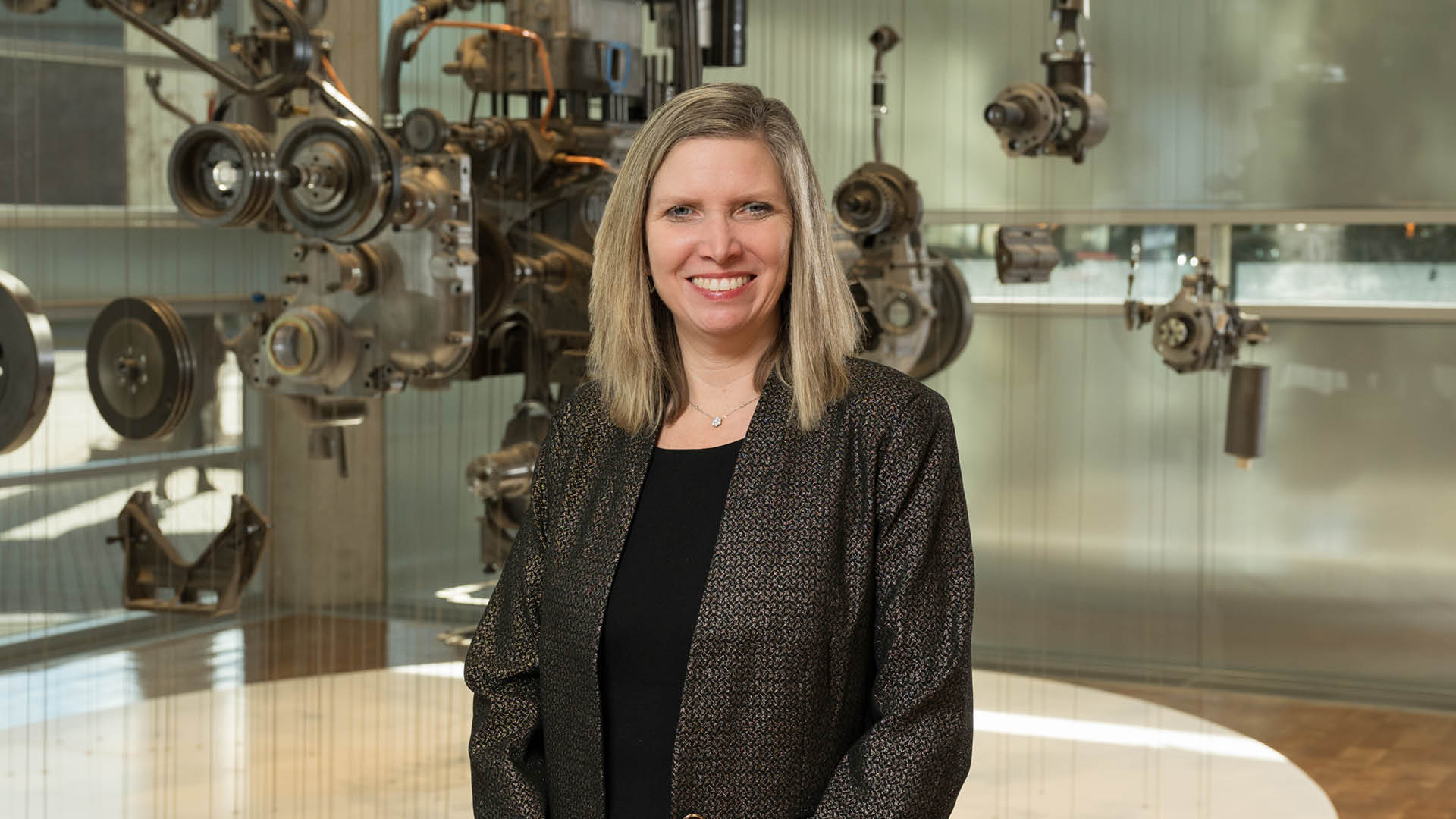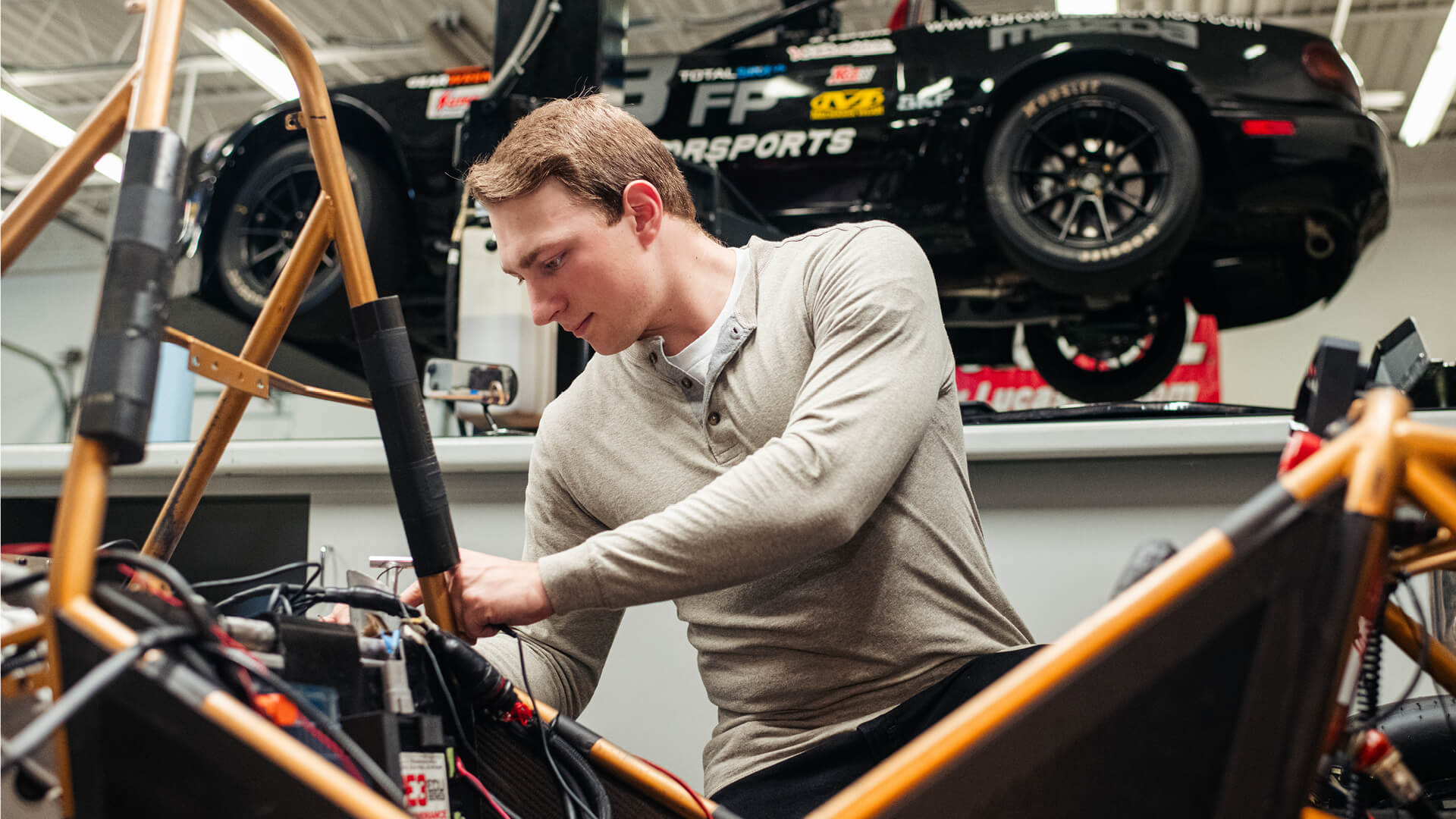5 things every family should know about the big college decision
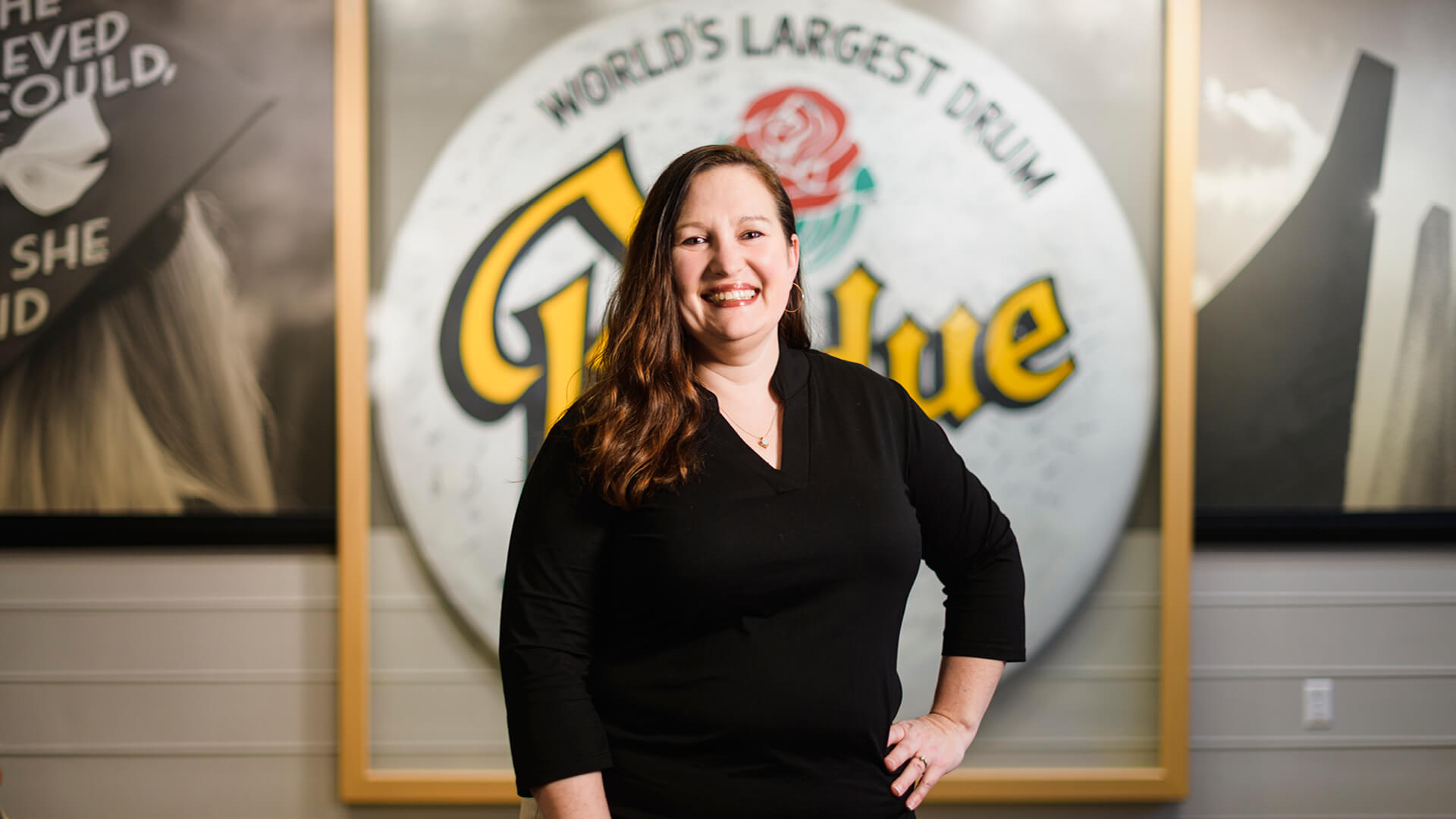
Jen Wetli, who serves as assistant director at Parent and Family Connections, is known among parents as their resident expert in navigating parents’ new phase in life with their kids.
Insider tips from Jen Wetli, associate director of Parent and Family Connections at Purdue
If you have a student at home who just got the good news from Purdue, congratulations! Parents, family members and mentors play an important role in the application process, so give yourself a hand.
This next step – making the commitment and transitioning into college life – involves you, too, but it’s often a part of the process where parents struggle to find their role. You are not alone.
Meet Jen Wetli.
If you haven’t joined the official admitted family group on Facebook yet, you may not know she’s a big deal. When it comes to understanding the particular challenges and joys that come with having a student transitioning into college life, it’s not easy to find someone who better knows how to help than Wetli, the associate director of Parent and Family Connections at Purdue.
“What I like to say is that I’m here to help give families tools for their toolkit,” she says. “So when their student comes to them for a question or concern, they can use those tools that have been provided throughout the summer in the onboard newsletters, through Facebook connections or through contacting our office. They’ll either know the answers or who to turn to get those answers.”
As an expert in working with families up to and through the transition to college, Wetli has five tips every family should know:
1. Listen and reassure.
Wetli explains that the transition from high school to college is a big change for parents and students alike.
The main thing to be aware of is that you’re there as a coach for your student, and it involves a lot of listening and sitting back.
Jen Wetli
Associate Director, Parent and Family Connections
“The main thing to be aware of is that you’re there as a coach for your student and not the doer that you may have been during K-12,” she says. “And that involves a lot of listening and sitting back.
“A lot of families will come to us and ask about seeing grades or seeing what their students’ attendance records are,” Wetli says, clarifying that even if that information were available to parents at the college level, it’s not a helpful long-term move for either the parent or their student. And there’s a better way to show support.
Listening – and turning questions around rather than answering them – can effectively start students down the path to a healthy adulthood. Because sometimes, once a student starts asking questions or ruminating aloud about a problem, the solution presents itself without much prompting.
But you’re there the whole time. And that fact is not lost on your student.
“When I was a student, some of those times I just needed an ear to listen to me. It helps to say things like, ‘Well, what do you think?’ instead of ‘Here’s what I’d do.’ You’re putting it back onto them, letting them try to work those things out, but showing them their support system’s there, too,” Wetli says. “It’s really their time to spread their wings and start looking at trying to get their own toolkit started.”
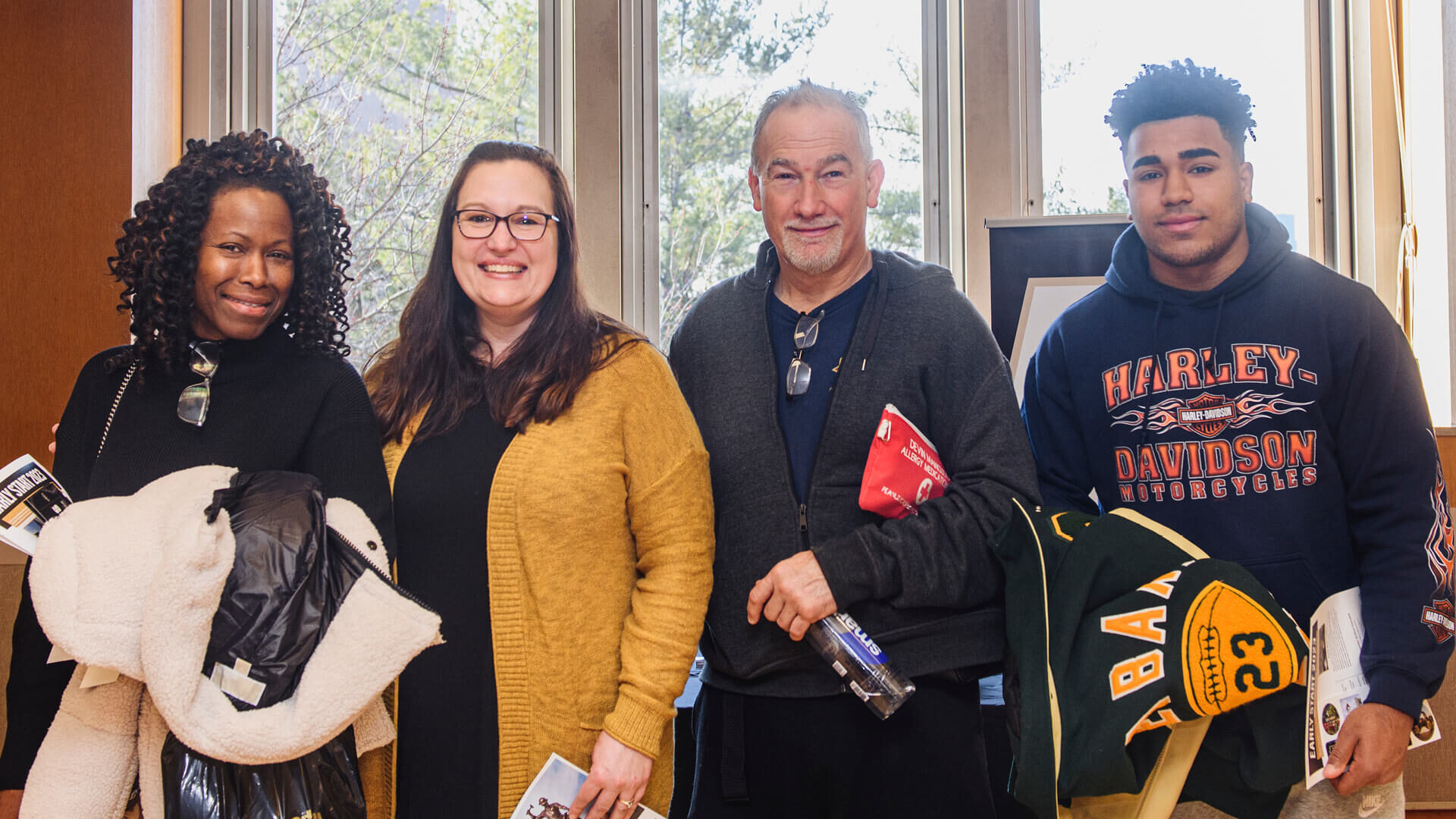
2. Get to know the resources available on campus.
It’s important to familiarize yourself at the start with the resources your student’s university of choice has available because students inevitably encounter a challenge and don’t know what to do. It’s significantly harder to search for assistance when under stress.
One example, Wetli says, is a universal experience.
“Trying to navigate that first sickness away from home is usually a biggie. The student doesn’t know what to do. They may not be equipped with medications or know when to go to the doctor,” she says.
That’s why before students arrive, Parent and Family Connections sends out a weekly newsletter and hosts admitted student virtual events that introduce families to on-campus resources at Purdue such as – to name a handful – Purdue University Student Health Service (known as PUSH), Student Success Programs and Counseling and Psychological Services (known as CAPS).
3. Connect with each other for support.
Seeking out support from other parents navigating this same situation, Wetli says, is a game changer, and there are multiple places those connections can happen.
If you haven’t joined yet, the easiest place to connect with other parents is the Facebook group.
“The group starts right after admissions decisions go out, and it continues throughout the summer and into the first day of classes,” she says. “It’s another touch point for them to get more information – it’s quicker than calling, and it’s a way to connect with other families.”
Wetli also has a soft spot for a local group of volunteers who live in the Lafayette area called Townie Moms, who have a unique ability to support families and students because of their knowledge about the area.
“That’s what I’m going to do when I grow up,” she says, laughing. “These moms have been a godsend for families because it gives them the peace of mind of having people in the community that are doing this out of the goodness of their hearts.”
For more camaraderie and helpful advice, don’t forget to check out this interview with “This Is Purdue” host Kate Young and several Boilermaker parents.
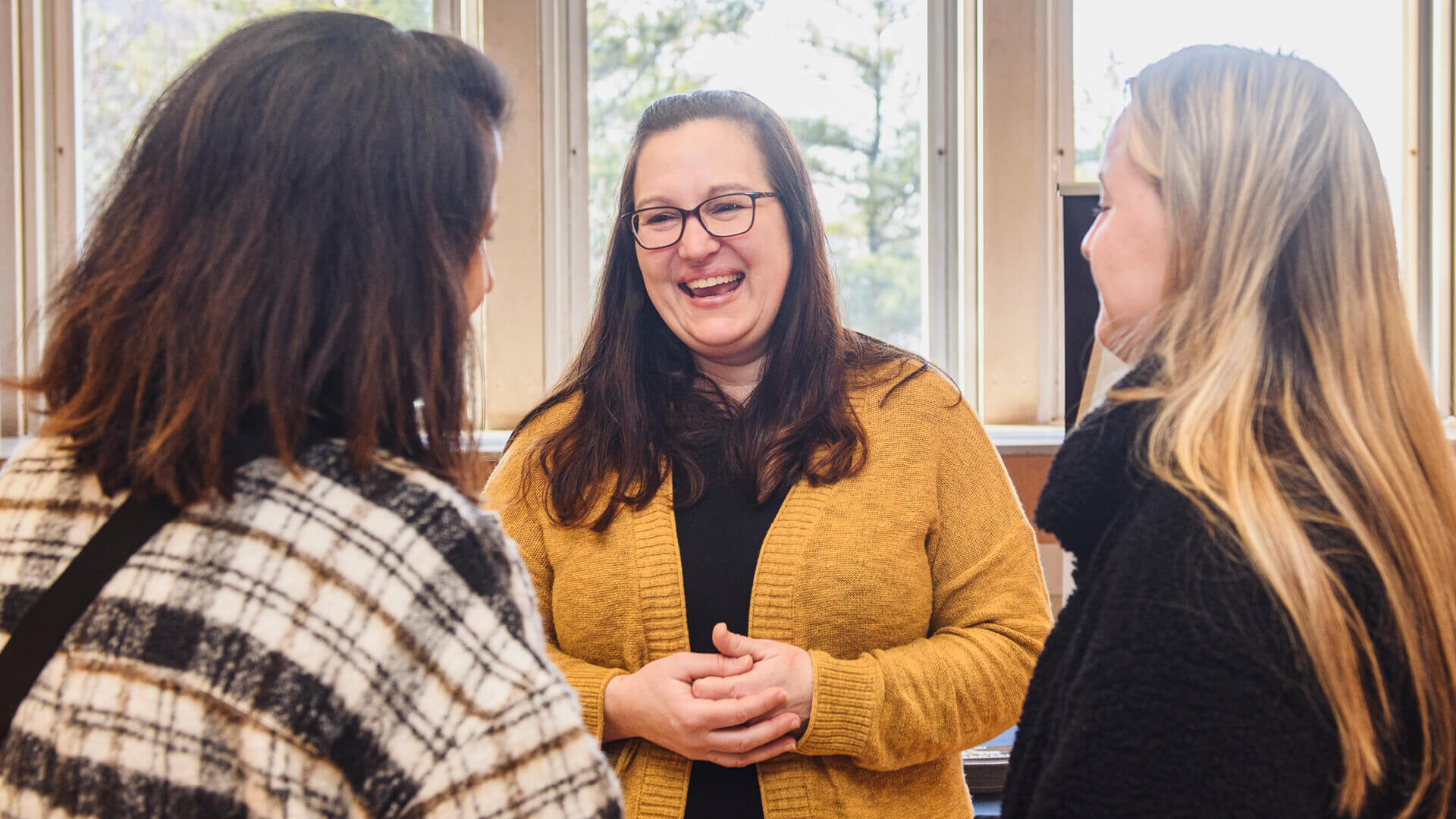
4. Keep it light.
Although Wetli acknowledges tensions can get high in those days leading up to the decision and move-in, it’s surprising how a small thing can restore an energy of lightheartedness.
“One mom in the Facebook group had kind of been a jokester the whole time, just trying to lighten the mood wherever she could,” she recalls. “She took a picture of her shopping cart at Target, and it had this garlic press in the forefront. She posted it with a message about how ‘This is the one thing that my student is asking for, and we’re unsure if we’re going to have it supplied to us.’ It completely turned the group around because stress levels were so high at the time.”
These champion parents proceeded to make an ongoing joke about it, culminating in the creation of move-in T-shirts that featured a garlic press and the phrase “pressing on.”
Lightheartedness wins the day!
5. Believe in your student.
Wetli says it’s important to keep coming back to one thing: They got in at Purdue! That’s an accomplishment, and the strongest sign of all that everyone will get through this – and you can get through it – together. Keeping these pieces of advice in mind will help you get to a place of normalization more smoothly.
“All of the students who are coming to Purdue, they’ve done great things. Obviously they have or they wouldn’t have been admitted in the first place,” she says. “It’s just a matter of getting into a mindset – both parent and student – that this is not high school. You can’t do the same things you did in high school and expect the same results; you have to find resources early on and use them.”
Pressing on …
More than anything, Wetli says, throughout the entire process – from applying to deciding to moving in – the best thing you can do for your student is to simply be there.
“Whenever I’ve talked with students about how their parents have best supported them, the thing they say most is that they listened and didn’t try to interrupt or fix things right away,” she says.
And, when you can’t physically be there with them, they will always have support at Purdue.
“We don’t want anybody to fail,” she says. “We want them to do the best they can.” You’ve got this.
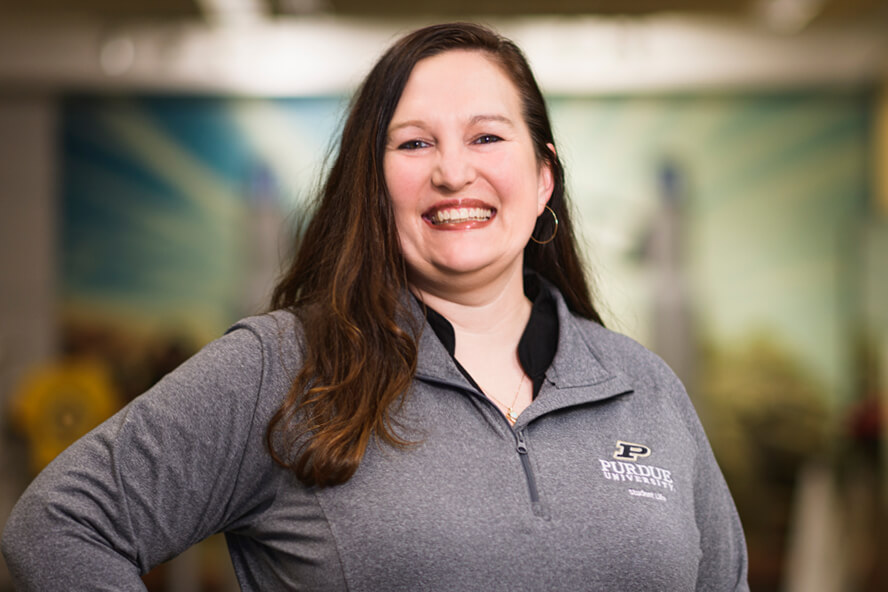
All the admitted students have done great things. Otherwise, they wouldn’t have been admitted in the first place.
Jen Wetli Associate Director, Parent and Family Connections






